Romania and Bulgaria join Schengen Zone after 13-year wait
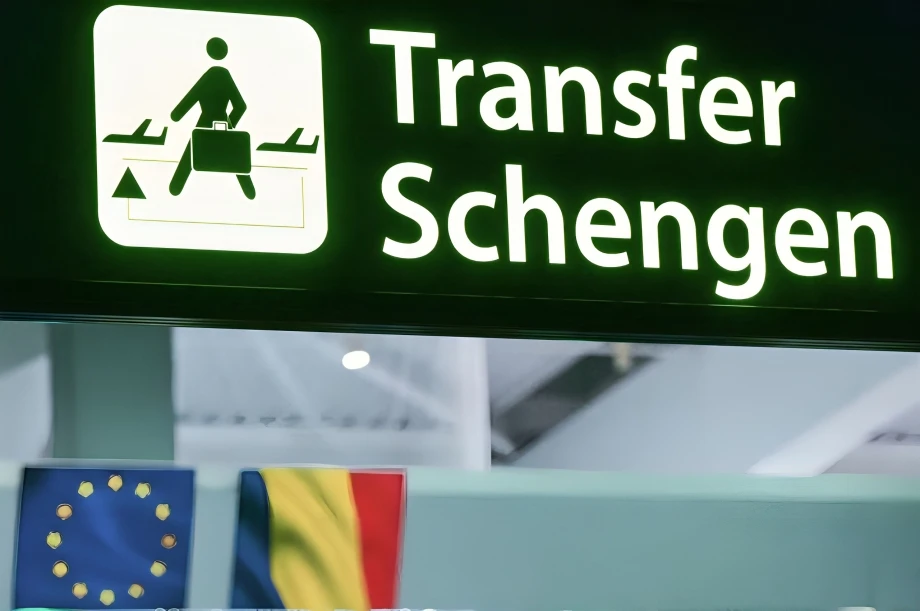 Romania and Bulgaria become full members of the Schengen zone, Jan 1, 2025. (AFP Photo)
Romania and Bulgaria become full members of the Schengen zone, Jan 1, 2025. (AFP Photo)
Romania and Bulgaria officially became full members of the Schengen Zone on Wednesday, expanding the borderless area to 29 countries and ending a 13-year wait for the two Eastern European nations.
The expansion, which occurred at midnight (2200 GMT) on January 1, came after Austria and other members dropped their objections. The event was marked by ceremonies at various border posts.
Since joining the European Union in 2007, Romania and Bulgaria had been partially integrated into the Schengen Zone in March, removing border checks at ports and airports.
However, Austria had opposed their full entry due to migration concerns, maintaining border controls at land crossings. The stalemate ended in December after the three countries reached a deal on a “border protection package.”
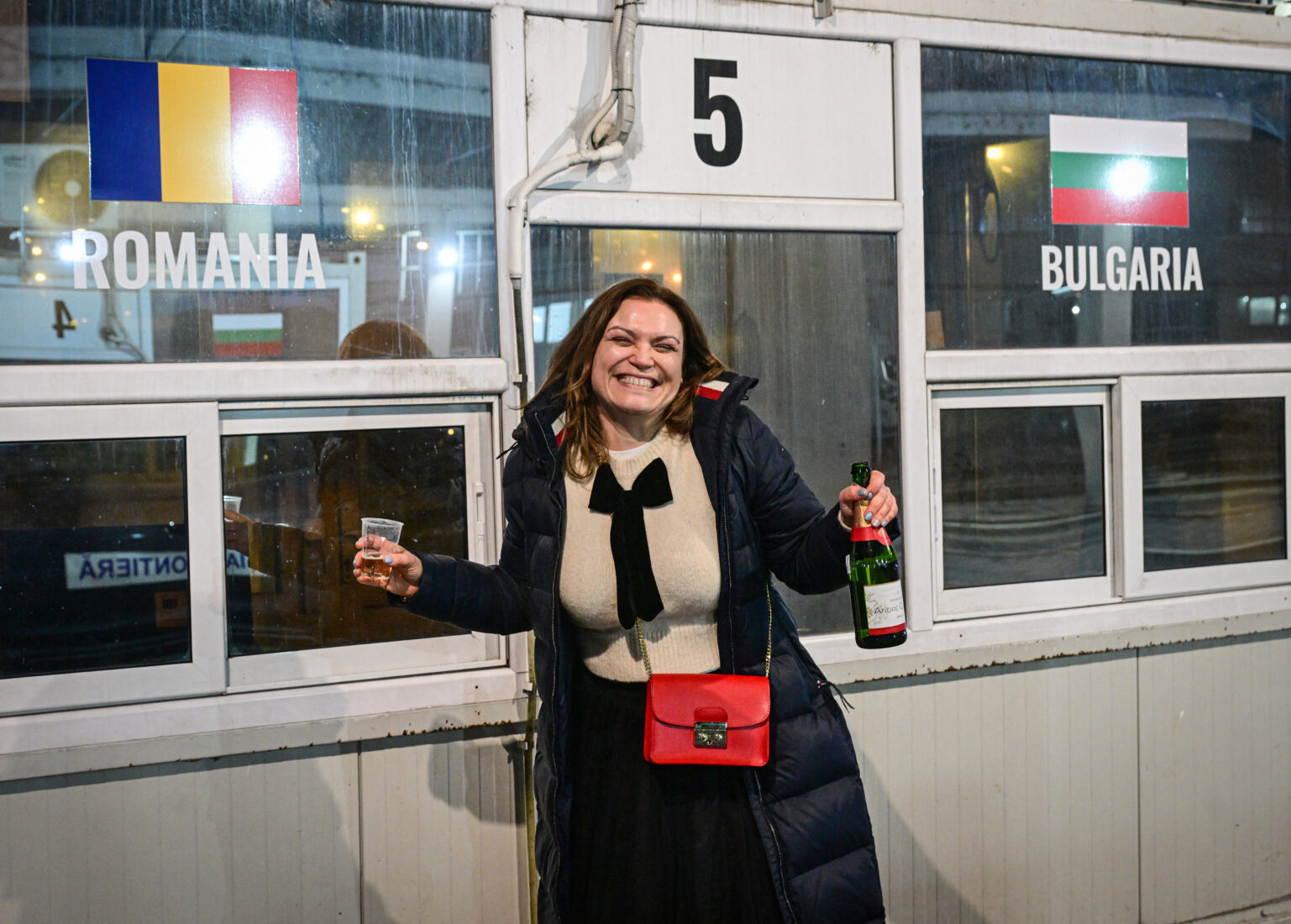
Schengen Zone now covers over 400M people
With this expansion, the Schengen Zone now includes 25 EU member states, as well as Switzerland, Norway, Iceland, and Liechtenstein, covering over 400 million people.
Romania and Bulgaria had met the technical requirements for Schengen membership since 2011, but their entry had been repeatedly blocked by member states, leading to frustration in both countries.
This resentment was evident in Romania’s recent presidential elections, where far-right candidate Calin Georgescu surged to a surprise first-round victory before the polls were canceled due to allegations of Russian interference.
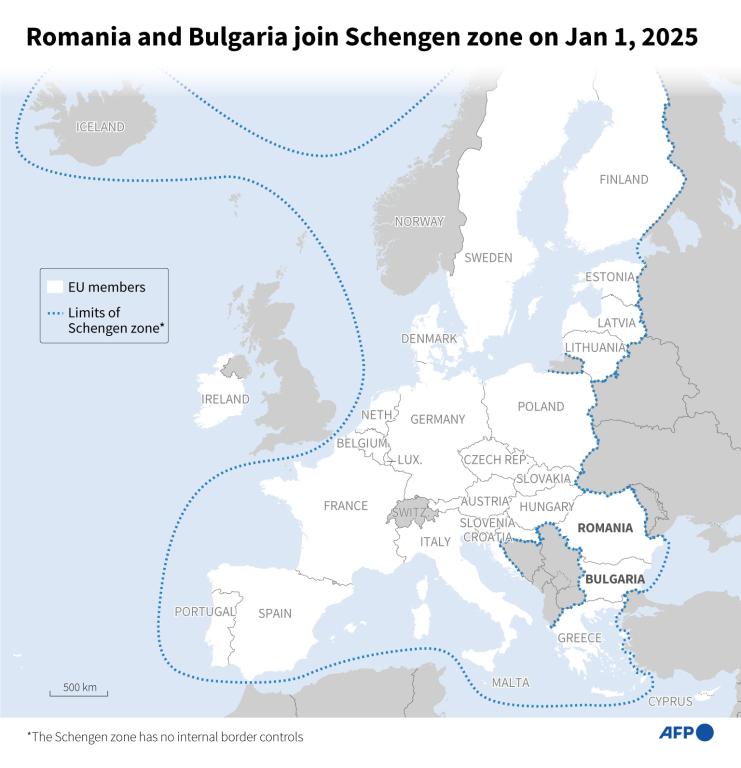
Leaders hail the moment as ‘historic’
Leaders in both Romania and Bulgaria hailed the expansion as “historic,” with the move expected to boost their GDP by at least one percentage point. Lorry drivers, who previously faced long delays at border crossings, celebrated the end of lengthy waits. “It was a pure waste of time for drivers,” said Beniamin Lucescu, head of a Romanian transport federation.
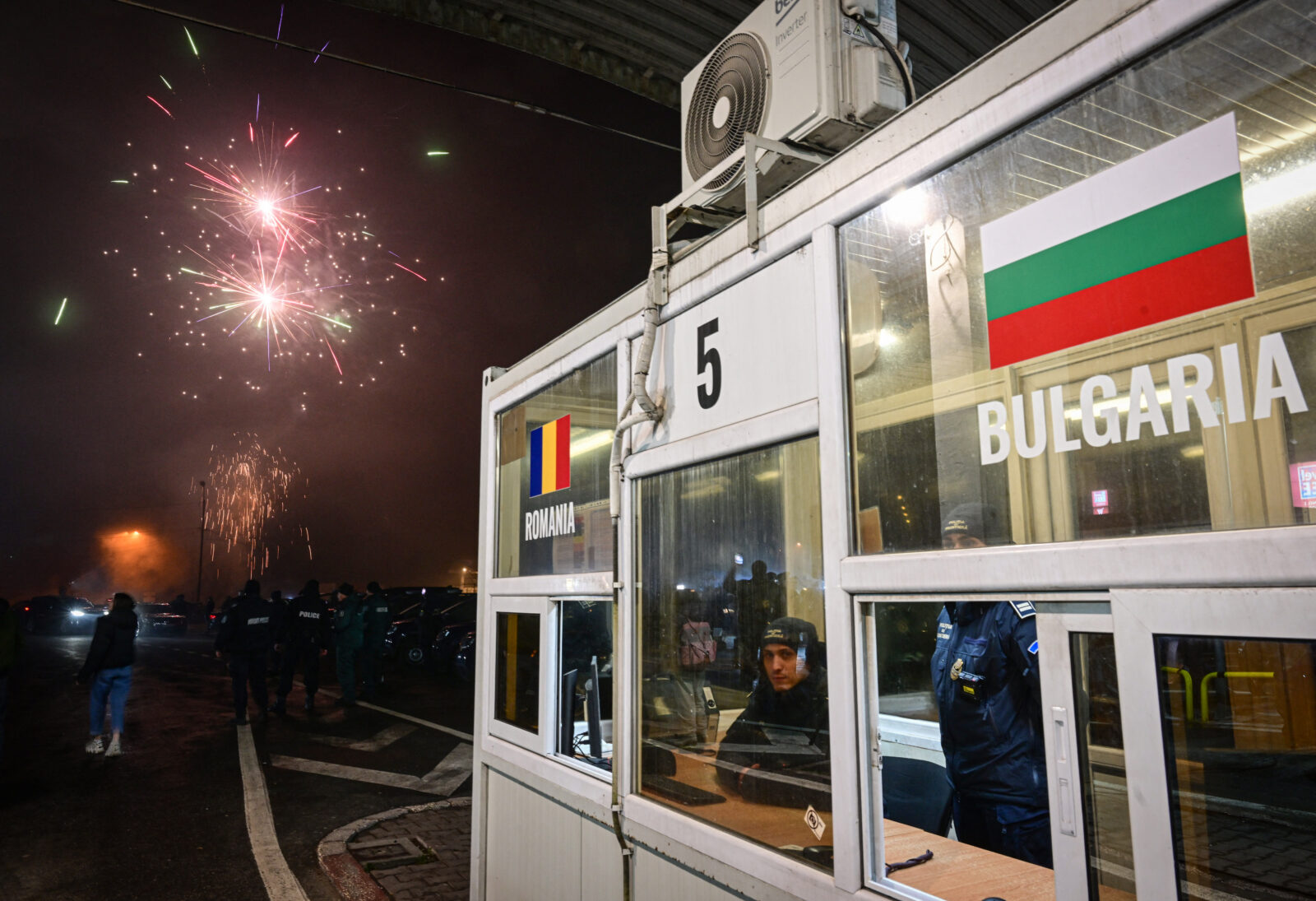
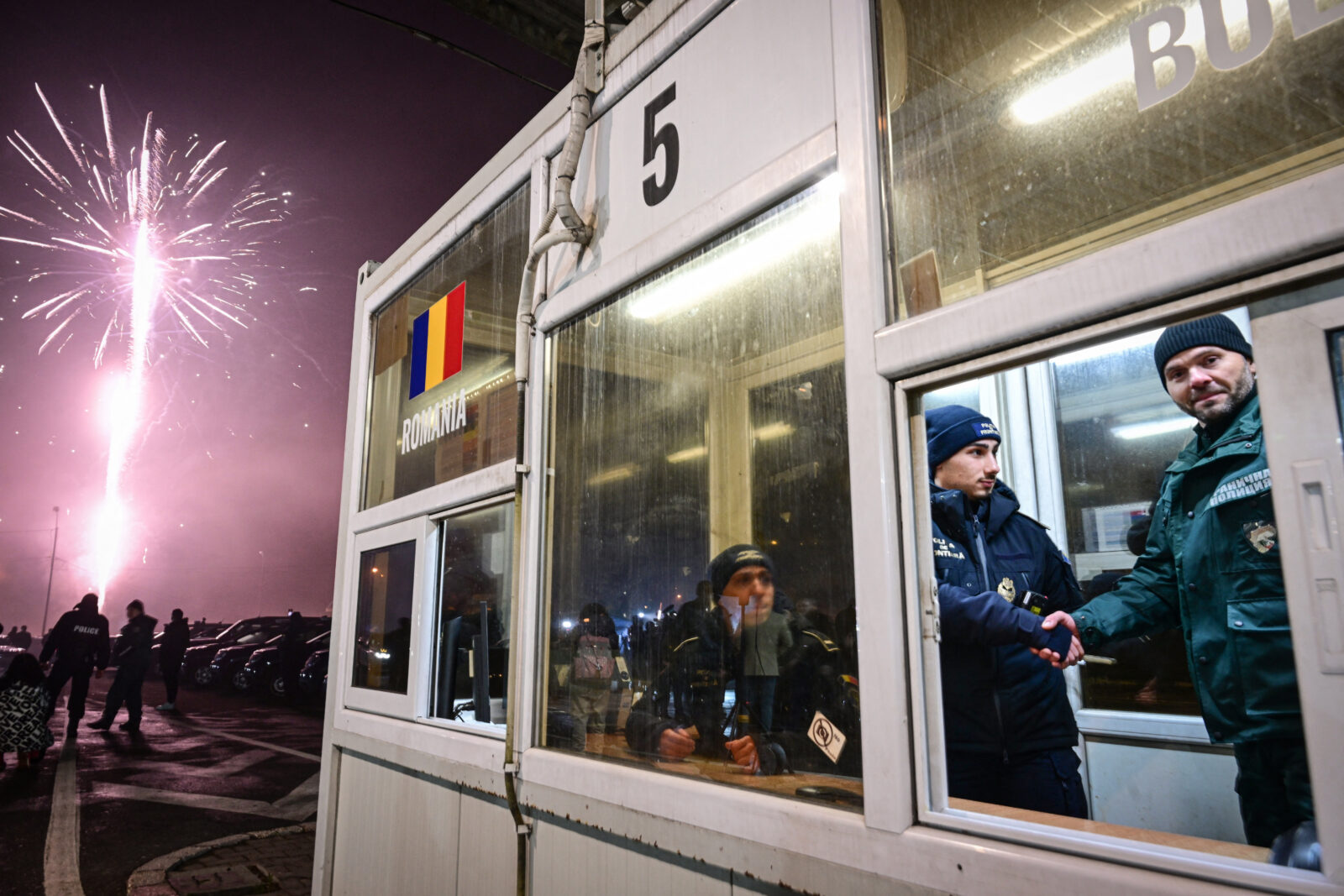
However, Bulgaria’s poor road and rail infrastructure could limit the positive economic impact, while the tourism sector in both countries is expected to benefit, particularly from increased visits to Greece.
“It’s excellent news,” said Ivailo Kirkov, a sales manager with property in northern Greece. “We’d been waiting impatiently.” Greek teacher and tour guide Gueorgui Grantcharov predicted a surge of Romanian and Bulgarian tourists, noting that the border crossing now takes just over four hours from Sofia to Thessaloniki.



